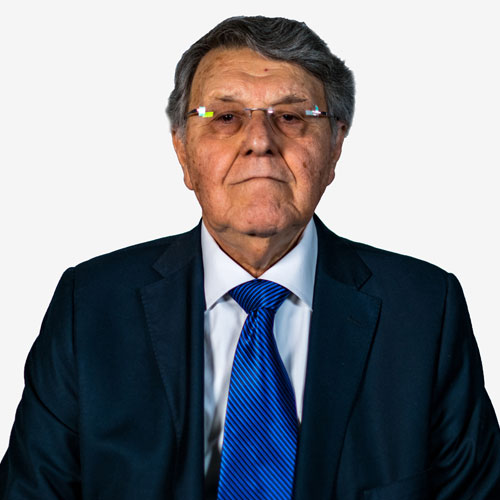Facultad: Facultad de Ciencias de la Salud
Nivel SNI: Emérito
Campus: México
Área: Filosofía de la ciencia, Bioética, Metafísica
Contacto: eagazzi@up.edu.mx
El Profesor Evandro Agazzi, recibió grados de Doctorado en Filosofía por la Universidad Católica de Milán, posgrado en Filosofía de la Ciencia por la Universidad de Oxford y formación de Lógica Formal en la Universidad de Marburgo y en Münster. Desde 2013 labora en la Universidad Panamericana, donde ha sido Profesor Titular y director en el Centro Interdisciplinario de Bioética, de la Facultad de Ciencias de la Salud. Es miembro Emérito del Sistema Nacional de Investigadores, (a través del Consejo Nacional de Ciencia de la Tecnología de México). Cuenta con 10 Doctorados Honoris Causa. Es presidente de la Academia Internacional de Filosofía de las Ciencias. Sus publicaciones incluyen más de 90 volúmenes y más de 1000 artículos y ensayos, como contribuciones en obras colectivas, antologías, enciclopedias y revistas. Muchos han sido publicados, en original o traducción, en varios idiomas: italiano, francés, inglés, alemán, ruso, español, portugués, polaco, húngaro, chino, japonés, árabe.
VER CV
